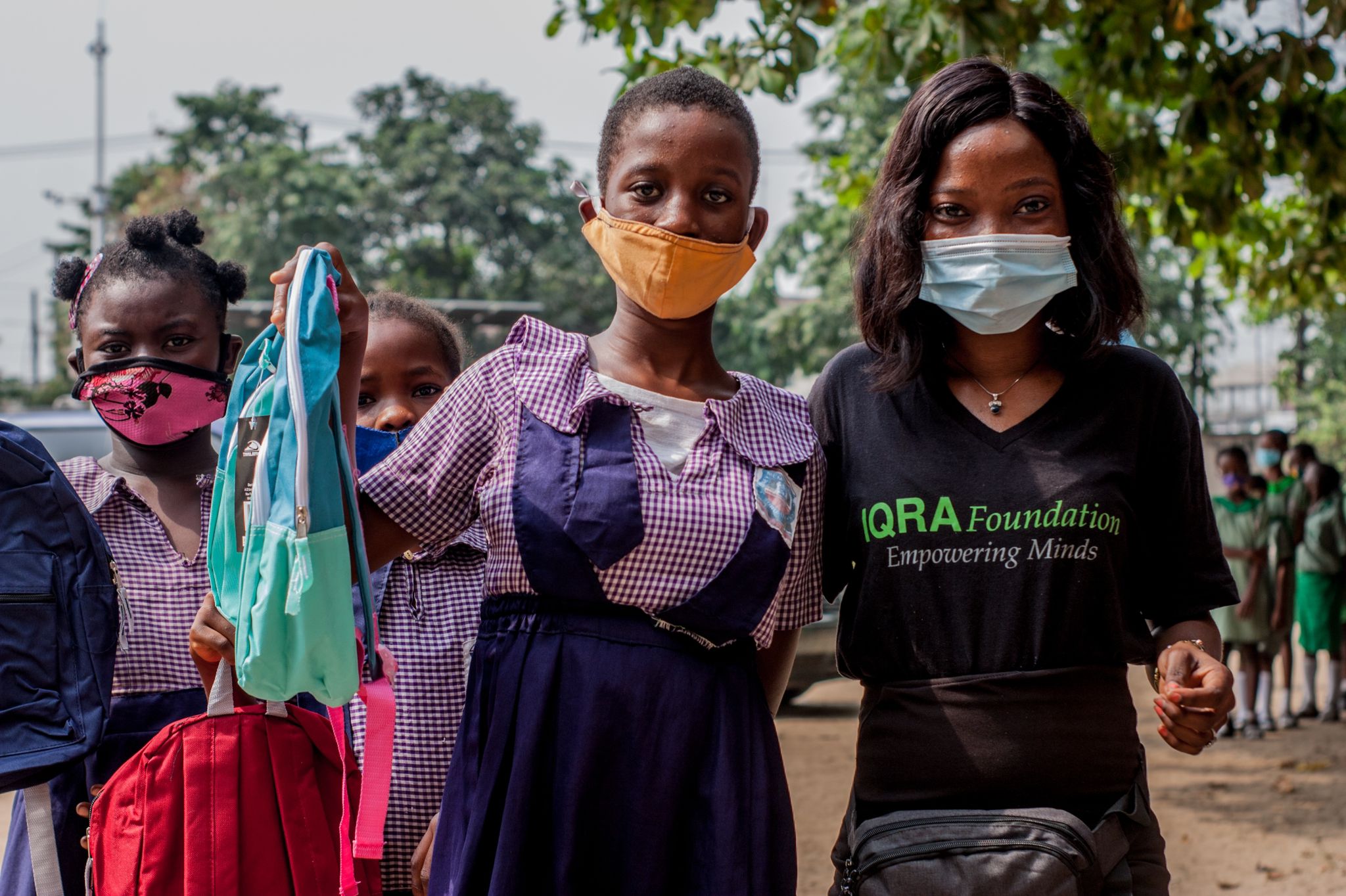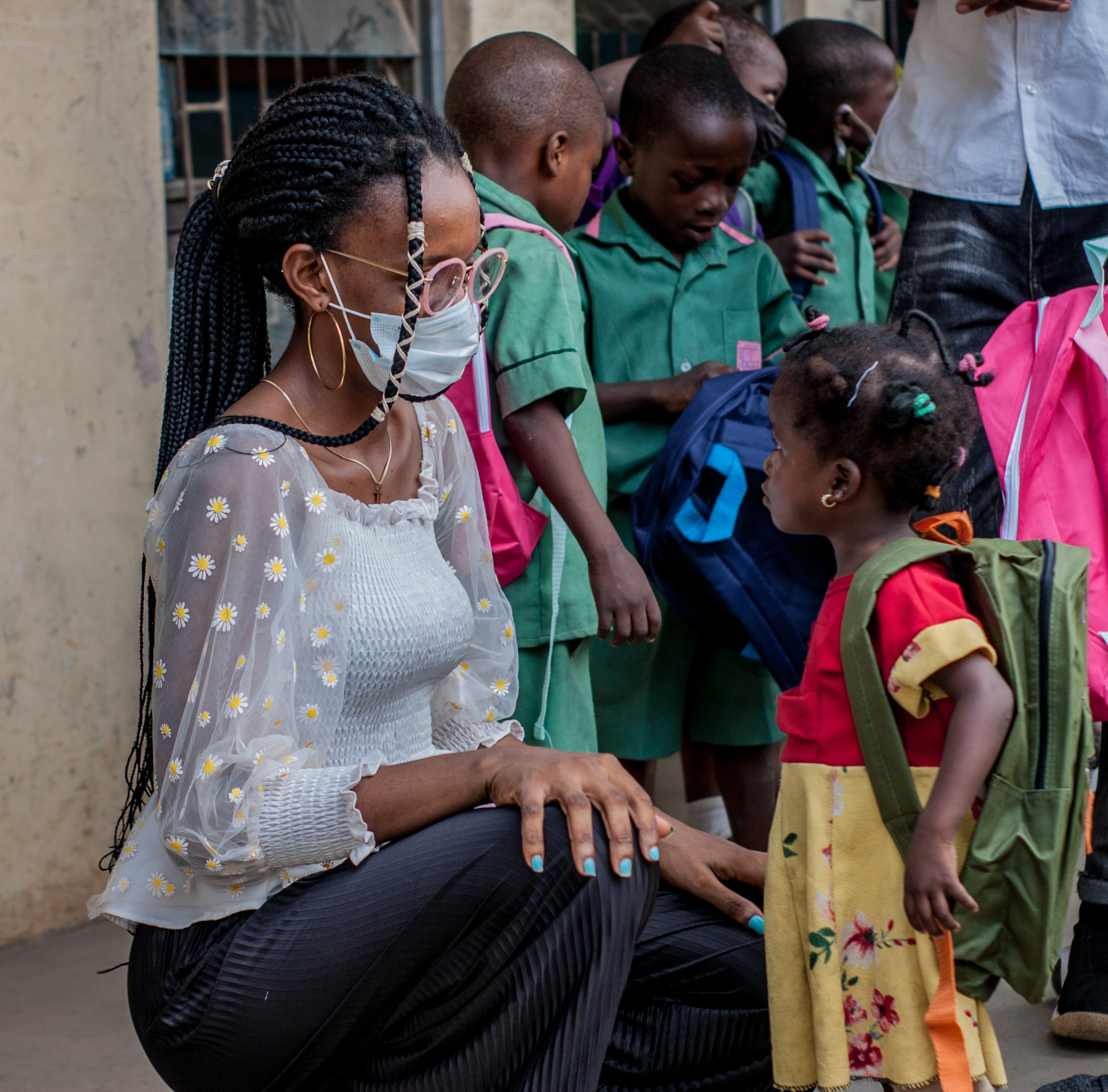Our Mission & Vision
We are committed to advancing the rights of vulnerable children, especially girls, by providing access to quality education. Our impacts are measured in how many children, families, schools, and communities we can partner with to improve
equitable learning.
Mission
Our mission is to improve learning conditions for children from less privileged backgrounds across West Africa. TIF addresses barriers to quality education among adolescents (mainly girls) in Nigerian schools through direct partnerships
with students and teachers.
Vision
To fulfill our mission, we have the vision to provide an accessible learning ecosystem that focuses on underperformance and allows our student/family partners to improve their livelihoods while breaking the cycle of multigenerational poverty.







